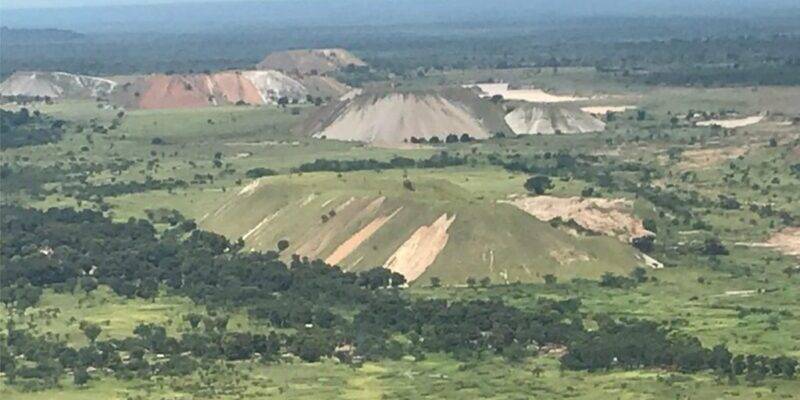
KoBold Metals, a U.S.-based mining company backed by prominent investors including Bill Gates and Jeff Bezos, is intensifying efforts to secure rights to the Manono lithium deposit in the Democratic Republic of Congo (DRC)—a site widely regarded as a potential world-class lithium mine.
A January 2024 estimate suggests Manono holds 669 million tonnes of resources with an average grade of 1.61% lithium.
On May 6, 2025, KoBold and Australia’s AVZ Minerals issued a joint statement titled Developing Manono for Peace and Prosperity, signed by their CEOs, Kurt House and Nigel Ferguson.
The companies announced they had agreed on a commercial framework to expedite development of the Manono deposit.
According to the statement, “this framework provides for AVZ to cede its commercial interests in the Manono lithium deposit to KoBold, at fair value,” enabling KoBold to rapidly mobilize over $1 billion to bring Manono’s lithium to Western markets.
However, the Congolese government maintains that AVZ no longer holds any rights to Manono, asserting those rights were lost when state-owned Cominière terminated its partnership with AVZ in 2022.
AVZ has contested this before the International Court of Arbitration of the International Chamber of Commerce (ICC), where it has already won a ruling ordering Cominière to pay €39.1 million for failing to comply with injunctions. The tribunal has yet to decide on the fundamental ownership dispute.
KoBold’s January proposal aims to resolve the standoff by compensating AVZ in exchange for relinquishing its claims to Manono.
The company plans to develop the southern section of the deposit, while the northern portion remains under the control of Chinese group Zijin Mining.
Manono Lithium SAS—a joint venture 61% owned by Zijin (via Jinxiang Lithium) and 39% by Cominière—was granted an operating permit in September 2024. It aims to begin lithium production in the first quarter of 2026.
An Appeal for Peace and Economic Growth
So far, the Congolese government has not officially responded to KoBold’s proposal. The May 6 statement hints at a lack of approval, noting that AVZ has committed to propose a temporary suspension of arbitration proceedings at the International Centre for Settlement of Investment Disputes (ICSID) to allow space for negotiations.
KoBold and AVZ appear to be leveraging the current improvement in U.S.-DRC relations. The statement emphasizes cooperation with all stakeholders, including the U.S. and Congolese governments and AVZ’s current development partner.
Framing their offer as a contribution to “peace and prosperity,” the companies promise thousands of well-paying Congolese jobs over several decades.
This diplomatic and commercial initiative comes as Kinshasa and Washington deepen their engagement.
Recently, the DRC proposed a mining agreement to the Trump administration in exchange for support in resolving the conflict in Eastern Congo.
Since then, mining has featured prominently in bilateral discussions, with Washington playing an active role in mediation efforts.
“A lasting peace in the eastern Democratic Republic of Congo will open the door to greater U.S. and Western investment, creating an ecosystem conducive to responsible and reliable critical mineral supply chains,” said U.S.
Secretary of State Marco Rubio on April 25, 2025, during the signing of a declaration of principles for a peace agreement between the DRC and Rwanda—considered a key supporter of the M23 rebellion.





